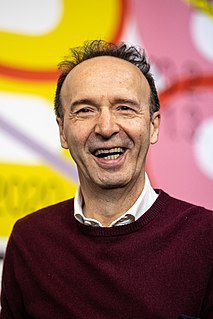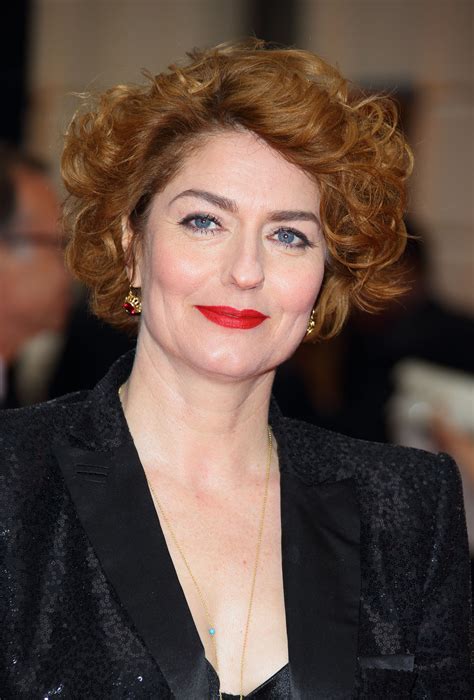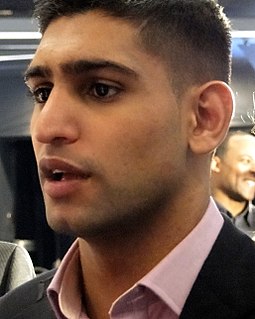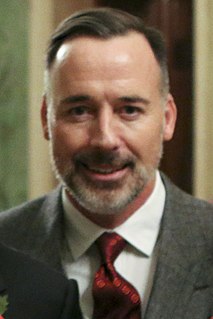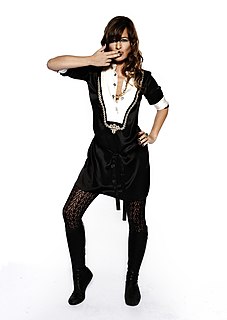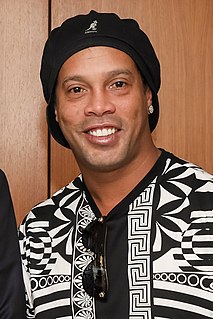A Quote by Camilla, Duchess of Cornwall
We were brought up in a very happy family and I can't whinge about my childhood because it was idyllic.
Related Quotes
For most of my childhood, I grew up in the countryside of England, where it was very suburban - there weren't a lot of people who were multicultural like my family. It was a place where the blonde and brunette girls in school were considered gorgeous. And because of that, I remember feeling like I wasn't good enough.
I was never used to being happy, so that wasn't something I ever took for granted. I did sort of think, you know, marriage did that. You see, I was brought up differently from the average American child because the average child is brought up expecting to be happy - that's it, successful, happy, and on time.







